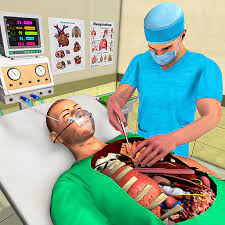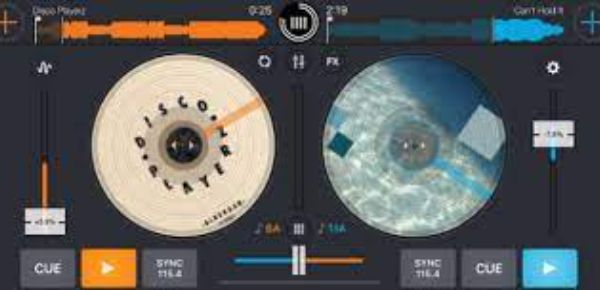Surgeon Simulator, a popular video game developed by Bossa Studios, is not your typical entertainment experience. While it may seem like an unlikely tool for learning about the intricacies of surgery, this virtual simulation has proven beneficial for medical students and aspiring surgeons alike. This blog post will explore how Surgeon Simulator can enhance their education and skill development.
1. Familiarization with Surgical Procedures:
One significant advantage of using the Surgeon Simulator as a learning tool is its ability to familiarize users with various surgical procedures. By simulating surgeries in a controlled environment, medical students gain exposure to different techniques without risking patient safety or causing harm.
The game’s realistic graphics provide detailed representations of human anatomy and surgical instruments that resemble those used in real-life operations. This allows players to navigate complex procedures such as heart transplants or brain surgeries while adhering to proper protocols.
2. Hand-eye Coordination and Motor Skills Development:
Surgery requires exceptional hand-eye coordination and precise motor skills—a proficiency that takes years of practice to develop fully. However, traditional methods often limit hands-on experiences due to ethical considerations or limited access opportunities during training.
Surgeon Simulator bridges this gap by offering an interactive platform where users can manipulate tools within the simulated operating room environment using controllers or mouse inputs, accurately mimicking real-world movements required during surgery.
By repeatedly performing tasks within the game’s challenging scenarios—such as suturing wounds or removing tumours—medical students improve their mastery while honing essential fine motor skills crucial for successful surgical interventions later in their careers.
3. Decision-making under Pressure:
In actual surgical settings, time-sensitive decisions must be made amidst high-stress situations—an aspect often tricky for novices who lack practical experience in handling emergencies effectively.
Through its dynamic gameplay mechanics involving unexpected complications (e.g., bleeding, dropped tools), Surgeon Simulator helps medical students and aspiring surgeons develop critical thinking skills under pressure. The game’s realistic physics engine adds an element of urgency, forcing players to make quick decisions while maintaining a calm demeanour.
4. Teamwork and Communication:
Surgeons rarely work alone; effective teamwork and communication are vital for successful surgical outcomes. Surgeon Simulator offers multiplayer modes that encourage collaboration between multiple players in the same virtual operating room.
By playing with fellow medical students or colleagues, aspiring surgeons can practice coordinating tasks efficiently, sharing responsibilities during complex procedures, and communicating effectively amidst distractions—skills essential for real-life surgeries where clear communication among team members is crucial.
Conclusion:
While no video game can replace the hands-on experience gained through traditional training methods such as internships or residency programs, Surgeon Simulator provides unique benefits to medical students and aspiring surgeons. Its ability to familiarize users with surgical procedures, improve hand-eye coordination and motor skills development, enhance decision-making abilities under pressure situations, and promote makes it a valuable supplementary tool in their educational journey towards becoming skilled professionals in the field of surgery.
As technology rapidly advances within healthcare education domains, simulation-based learning platforms become increasingly relevant alongside more conventional teaching methodologies, bridging gaps by offering immersive experiences that complement classroom teachings.








